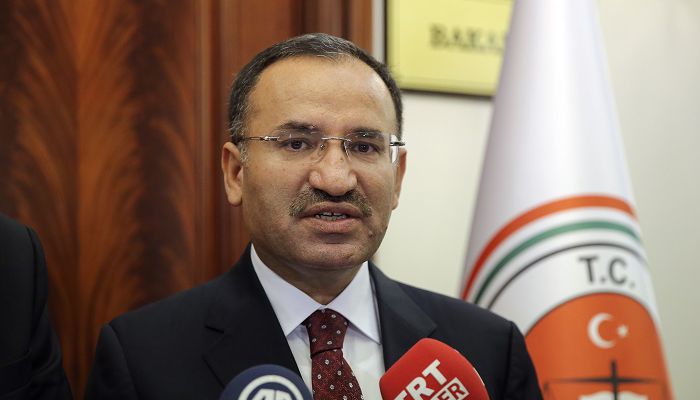Turkey’s Justice Minister Bekir Bozdağ has accused the Venice Commission, an advisory body of constitutional law experts, of attempting to influence public opinion in Turkey with its report and encourage “no” votes in an upcoming referendum on constitutional reforms.
In its report, which was covered by the German Süddeutsche Zeitung last week, the Venice Commission described a “dramatic decline in democratic order” in Turkey. The commission, which advises the Council of Europe, one of the continent’s human rights bodies separate from the European Union, reported that the proposed changes to the constitution in Turkey place the country “on the road to an autocracy and a one-person regime.”
In January, Turkey’s Parliament passed the constitutional amendments later approved by Turkish President Recep Tayyip Erdoğan that would transform the political order into an executive-style presidential system, effectively widening the scope of powers of the position.
Speaking to the Anadolu news agency on Monday, Bozdağ said the Venice Commission’s report has nothing to do with counseling Turkey but aims to create a negative perception about the referendum.
“Because the parliamentary [approval] process [of the reforms] has ended, nobody has the chance to make any changes [to the reforms] from now on. The aim of the preparation of this report and it being presented to the Council of Europe is to influence the referendum process. It is to encourage ‘no’ votes in the referendum and contribute to the creation of a negative perception [about the reforms],” Bozdağ said.
The ruling Justice and Development Party (AKP), backed by the Nationalist Movement Party (MHP), pushed through the legislation that President Erdoğan says will bring the strong leadership needed to prevent a return of the fragile coalition governments of the past.
The Republican People’s Party (CHP) and pro-Kurdish Peoples’ Democratic Party (HDP) fear the reform will fuel authoritarianism.
Parliament’s approval paved the way for a nationwide referendum on the amendments, which would give the president, a traditionally more ceremonial role, the power to dismiss ministers and Parliament, issue decrees, declare emergency rule and appoint figures to key positions, including the judiciary.
It would also allow the president to be a member of a political party, which is currently prohibited under the constitution as the presidency is expected to exercise impartiality.
The referendum on the constitutional amendments will be held on April 16.



